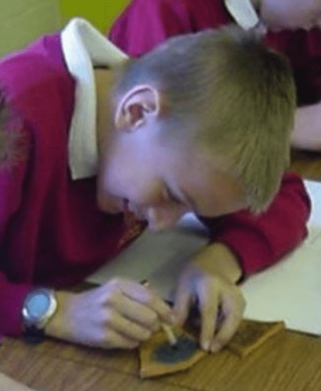
We all know that pupils’ minds wander. Some brave researchers claim that this happens, on average, as much as 50% of the time for the majority of pupils. What can you do to stop it? Mostly pupils’ attention to learn is driven by 2 things: individual motivation and situational motivation. You can’t always do much about the first. Some children say they don’t like history no matter what you do. The other is more tractable. It means that what YOU do actually drives the attitude to learning quite substantially. So what does this mean for you? Well researchers have discovered that four elements that you might like to consider. Like all research it must be set alongside your own classroom experience. They claim that pupils attention can be significantly improved by:
A. clarity of the ideas
Clarity of the ideas involved in the lesson and what is expected of them
B. Pitching the work at just the right level of difficulty
This is a big one. pupils minds wander most wehen the work is too easy. They also lose focus when it is just too difficult. So my plea to you is alaways to ask 3 questions: COULD pupils do this? Could they rise to the challenge; SHOULD they be doing this-is it just too easy/challenging; WOULD they want to do this. Is it motivating enough to drive learning as well as being engaging?
C. Making learning a fun, social activity where appropriate
D. Providing pupils with concrete examples.







